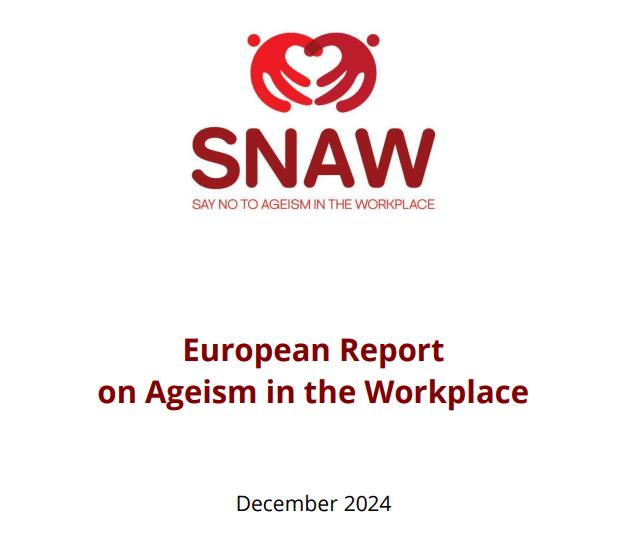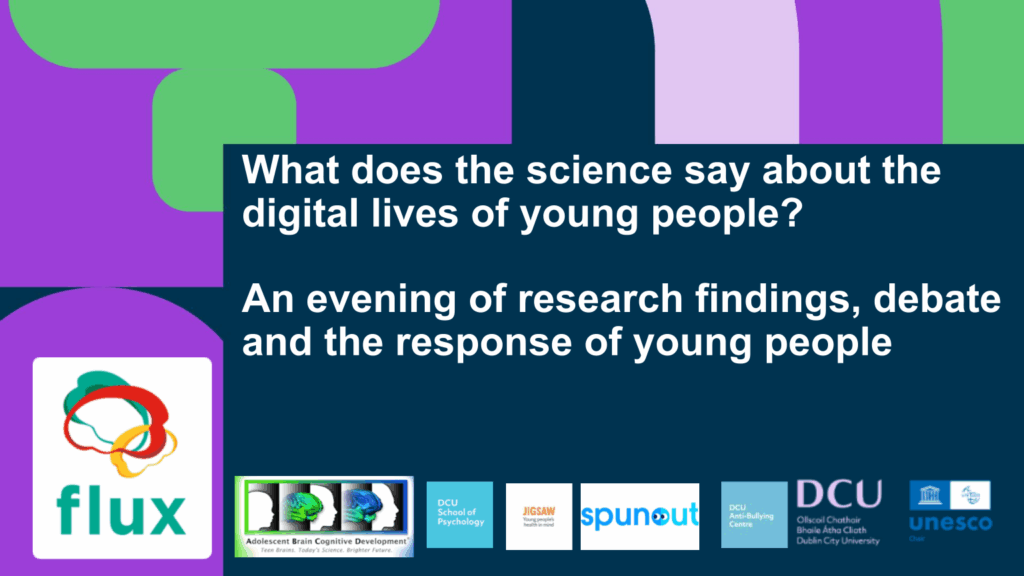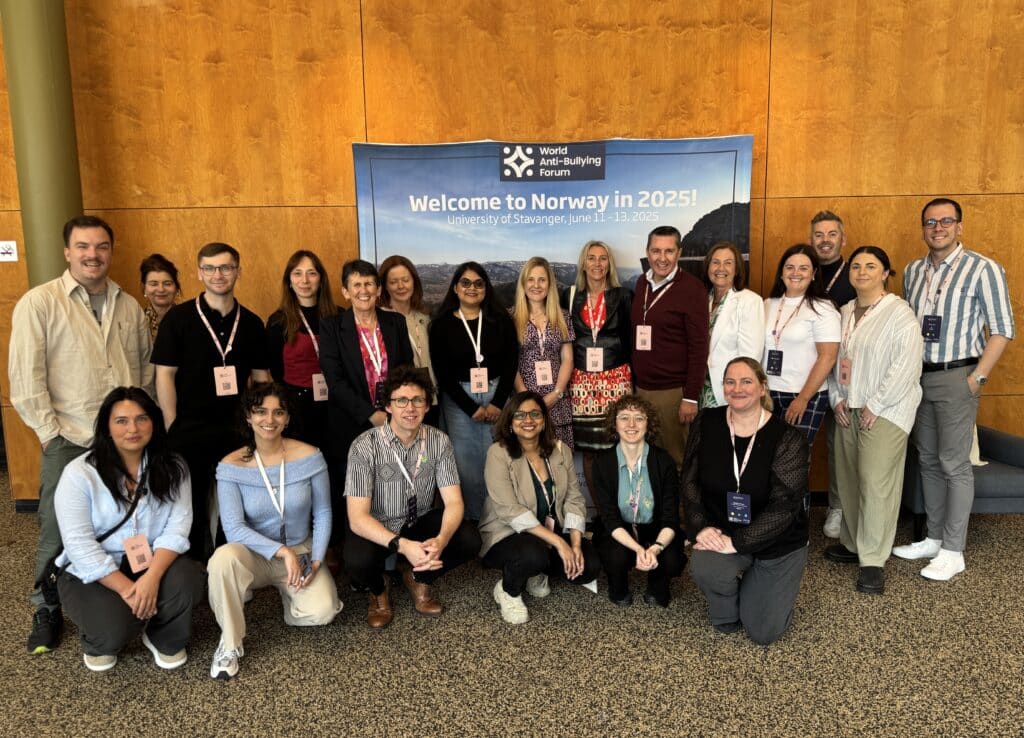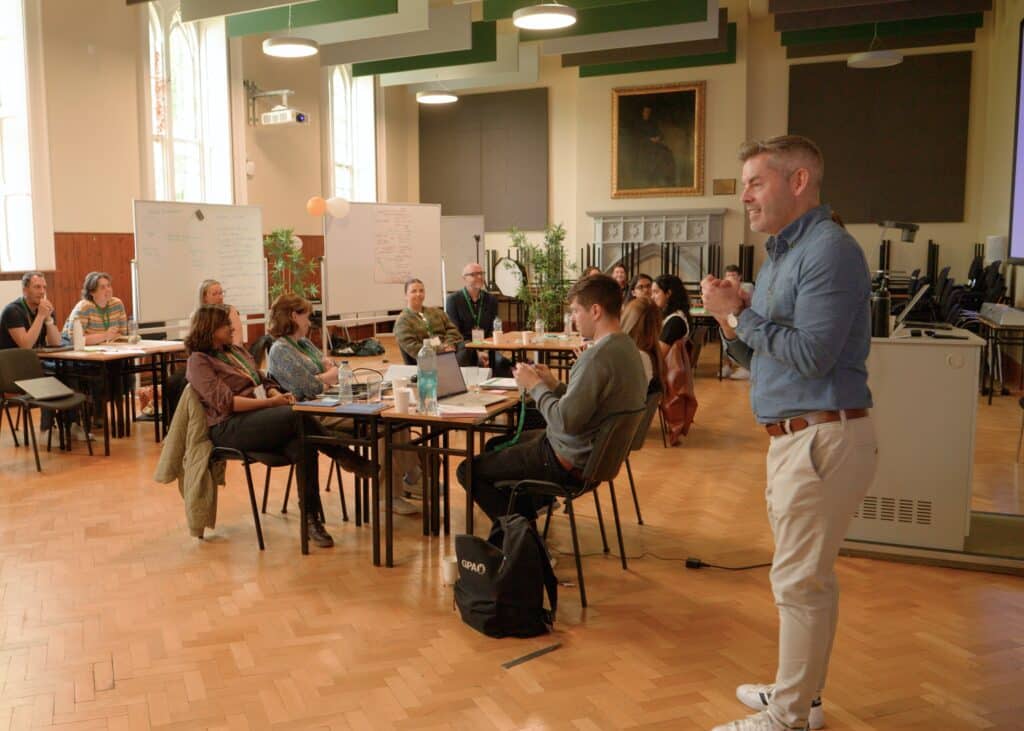Age discrimination in the workplace remains a widespread issue, with far-reaching consequences for employees and organizations alike. The SNAW Project, co-funded by the European Union, aims to tackle age discrimination in workplaces across Europe. Through research, practical tools, and awareness initiatives, the project empowers organizations to create equitable and inclusive environments for all generations. A new report, published as part of SNAW (“Say No to Ageism in the Workplace”), sheds light on the scale of the problem and provides actionable recommendations to foster age-inclusive work environments. Dr. Trudy Corrigan was the Project Co-Ordinator for DCU Anti-Bullying Centre.
Key Findings
The SNAW survey, conducted among 511 participants across Germany, Portugal, Greece, Romania, and Ireland, reveals alarming insights into ageism at work:
- 1 in 3 employees feel that age discrimination is a significant issue in their workplace.
- 70% believe media representation reinforces ageist stereotypes, such as older employees being “resistant to change” or “less adaptable to technology.”
- Less than 40% of organizations have clear anti-ageism policies in place.
- 30% of employees report experiencing or witnessing age-based discrimination, including biased comments, exclusion from key projects, and missed opportunities for development.
Consequences of Ageism
The report highlights that ageism negatively affects job satisfaction, productivity, and workplace morale. Older employees often feel undervalued and excluded from professional development opportunities, leading to disengagement and, in many cases, early retirement. This not only impacts individuals but also deprives organizations of valuable expertise and diverse perspectives.
A Call to Action
The SNAW Project offers detailed recommendations to combat workplace ageism, including:
- Establishing clear anti-ageism policies and enforcing them effectively.
- Providing bias awareness training for employees and management.
- Promoting intergenerational collaboration and professional development opportunities for all age groups.
Additionally, the findings will serve as the foundation for an innovative online course aimed at helping organizations recognize and address age discrimination. This course will offer practical tools to create inclusive, multi-generational workplaces that benefit both employees and businesses.
Join the Conversation
“We hope this report sparks meaningful discussions and actions to reduce ageism in the workplace. Age diversity is not just a question of fairness or simply adapting to an ageing population—it’s an essential driver of productivity and organizational success,” says Dr. Salomão Filho, SNAW Project coordinator from the University of Erlangen-Nuremberg, Innovation in Learning Institute.
The full report, including background research, survey findings, and recommendations, is available here: https://www.snawproject.eu/full-snaw-report/
For further information or press inquiries, please contact:
Lucie Stecker
stecker@ddn-netzwerk.de
+49 1578 7492976



